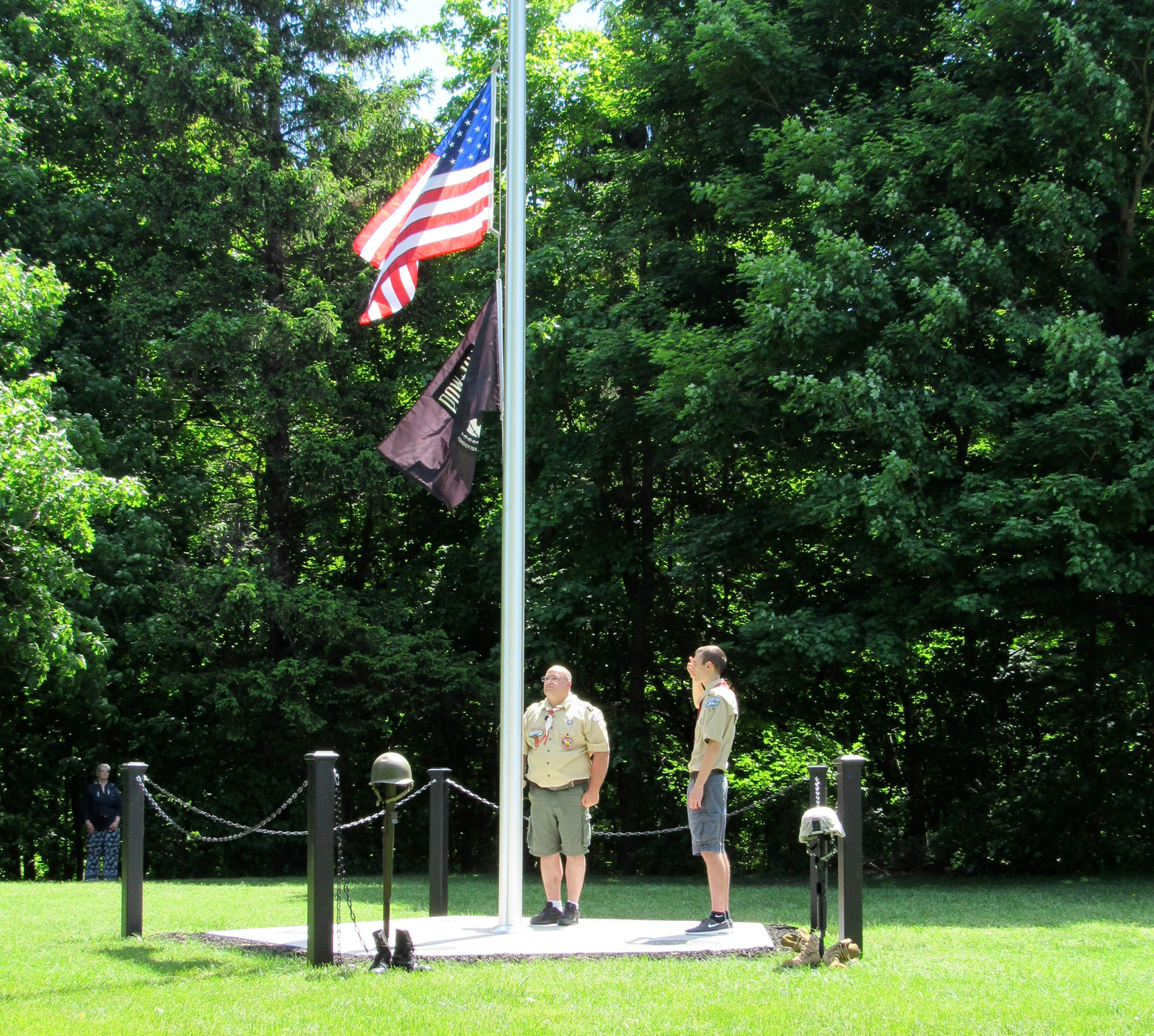Keep the Fire in the Grill!
FASNY offers lifesaving BBQ and grilling tips for the summer grilling season
With the summertime upon us, New Yorkers are firing up their grills and BBQs for the first time to celebrate the summer grilling season. The Firemen’s Association of the State of New York urges all New Yorkers to follow some basic safety advice when grilling and to remember to call 911 in case of an emergency.
“Summertime is when families and friends come together for celebrations,” said FASNY President Ken Pienkowski. “FASNY urges New Yorkers to exercise caution this summer, to follow some simple safety tips, and to not hesitate to call 911 should there be an emergency.”
According to the National Fire Protection Association (NFPA), from 2011 through 2015 fire departments responded to an average of 9,600 home fires involving grills, hibachis, or barbecues per year. That number included an average of 4,100 structure fires and 5,500 outside or unclassified fires. These 9,600 fires caused annual averages of 10 civilian deaths, 160 reported civilian injuries, and $133 million in direct property damage.
FASNY and the NFPA offer the following safety tips to avoid accidents:
Before barbecuing
•Check your grill thoroughly for leaks, cracking or brittleness before using it.
•Check the tubes leading to the burner regularly for blockages. Check your specific grill manufacturer’s instructions.
•Make sure the grill is at least 10 feet away from your house, garage or trees.
•Store and use your grill on a large flat surface that cannot burn (i.e. – concrete or asphalt).
•Don’t use grills in a garage, on a porch, deck or on top of anything that can catch fire. Never use a propane barbecue grill on a balcony, terrace or roof: it is both dangerous and illegal.
•Keep children away from fires and grills. It is a good idea to establish a safety zone around the grill and monitor children to remain outside the zone.
•Before getting a propane cylinder filled, check for any damages to it.
•Never transport or store propane cylinders in the trunk of your automobile.
During barbecuing
•Keep children away from the grill.
•Don’t wear loose clothing that might catch fire.
•Use long-handled barbecue tools and/or flame-resistant mitts.
•Never use any flammable liquid other than a barbecue starter fluid to start/freshen a fire.
•Never pour or squirt starter fluid onto an open flame. The flames can easily flash back along the fluid’s path, to the container in your hands.
•Keep alcoholic beverages away from the grill; they are flammable.
•Never leave the grill unattended.
Barbecue safely
•When lighting your propane barbecue, make sure all the connections are secure and open the lid and strike your match or lighter before turning on the gas.
•Always shut off the propane fuel at the grill and at the bottle after you have finished barbecuing. Otherwise, this will lead to fire hazards, such as leaks and faulty regulators.
•Store your BBQ grill and propane cylinder outdoors.
•Follow the manufacturer’s instructions for the safe use, cleaning and maintenance of your grill.
•Test your cylinder for leaks on a regular basis. When testing for leaks, never use matches or an open flame. Use soapy water or a leak detector.
•Store your cylinder away from heat and insert a safety plug on the valve.
After barbecuing
•Always follow the manufacturer’s cleaning and storing instructions that accompany the grill.
•Keep your grill clean and free of grease buildup that may lead to a fire.
•Never store liquid or pressurized fuels inside your home and/or near any possible sources of flame.
In case of a barbecue fire
•For propane grills – turn off the burners. For charcoal grills – close the grill lid. Disconnect the power to electric grills.
•For propane grills – if you can safely reach the tank valve, shut it off.
•If the fire involves the tank, leave it alone, evacuate the area and call the fire department.
•If there is any type of fire that either threatens your personal safety or endangers property, always call the fire department.
•Never attempt to extinguish a grease fire with water. It will only cause the flames to flare up. Use an approved portable fire extinguisher.
Provided information




